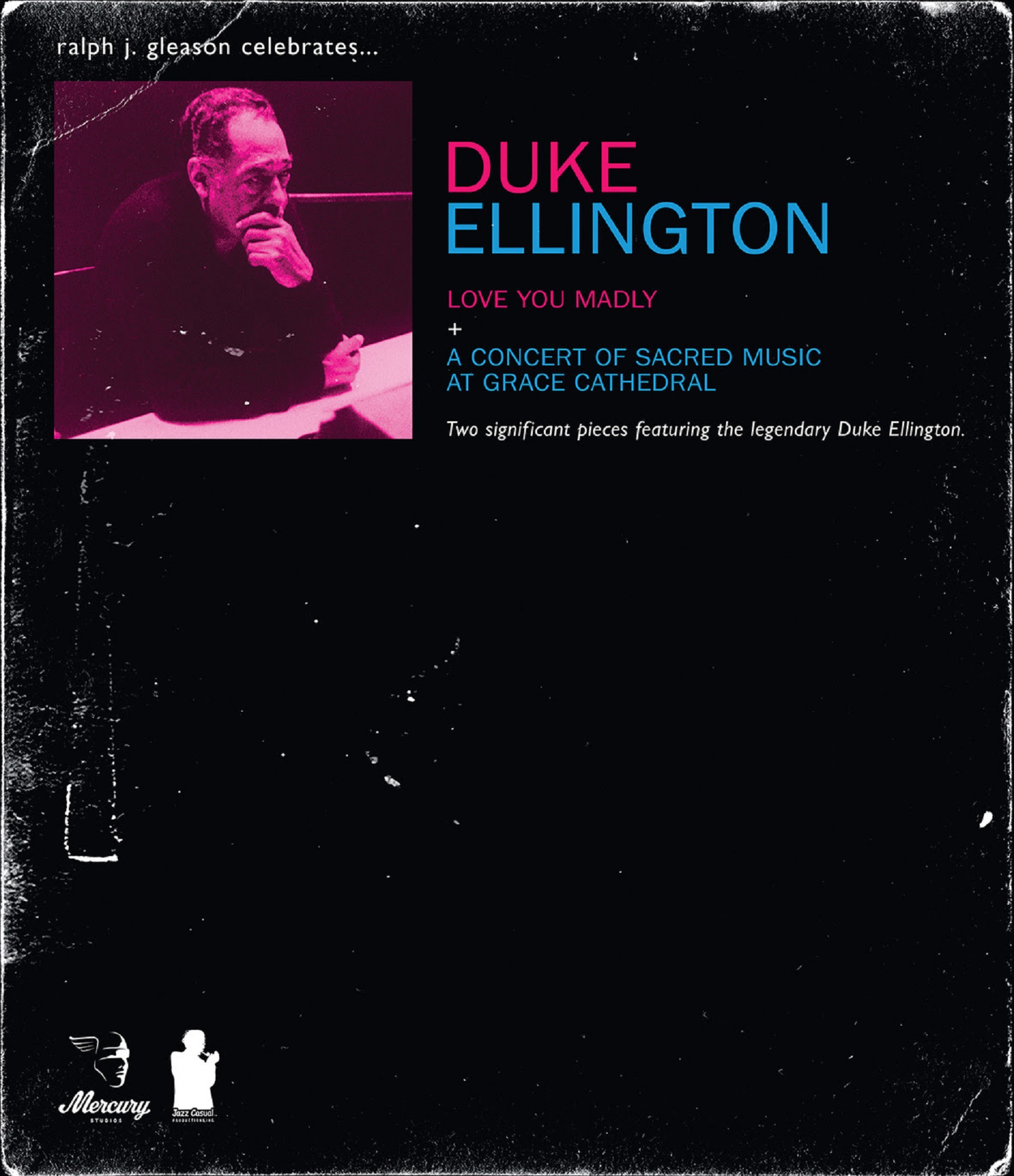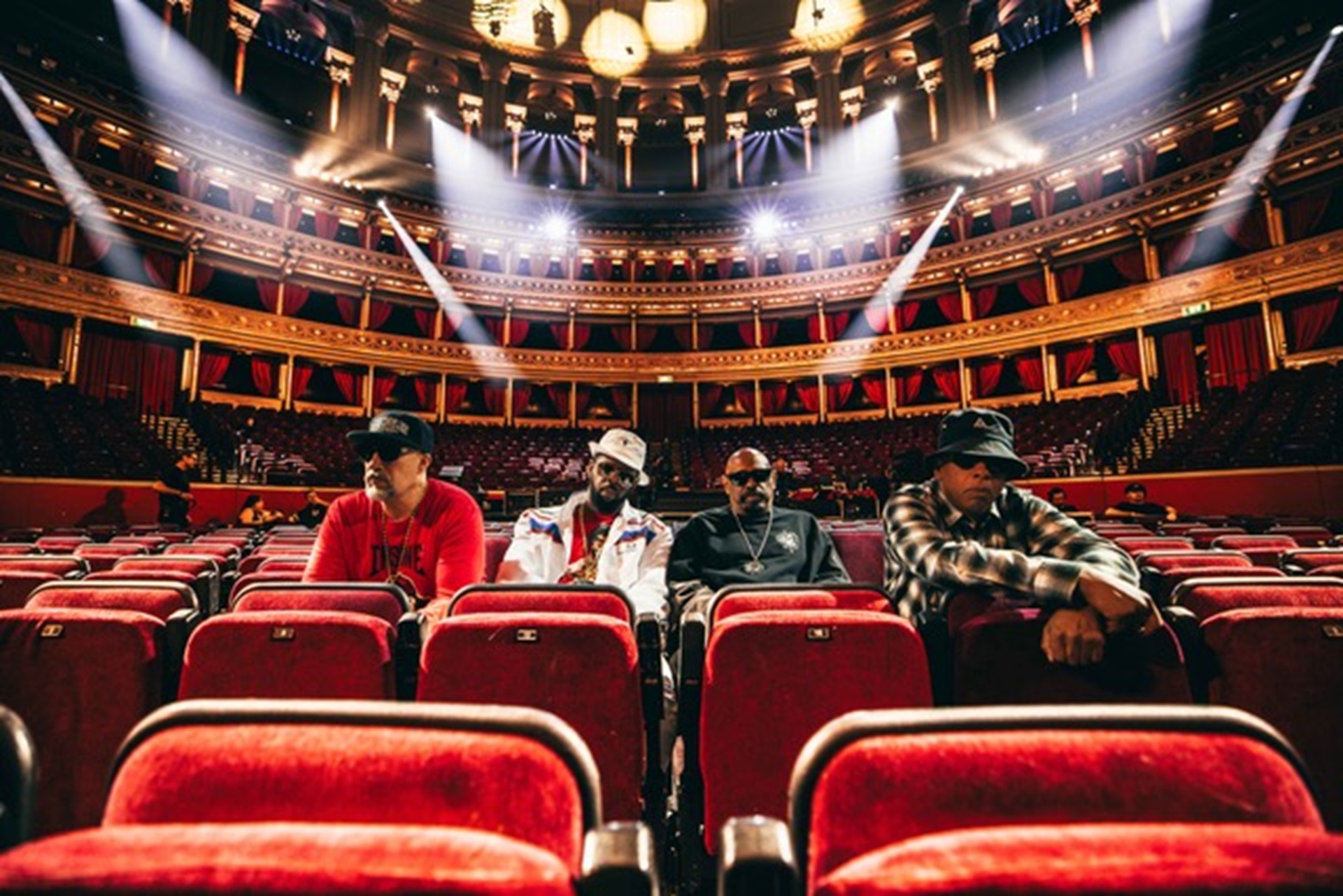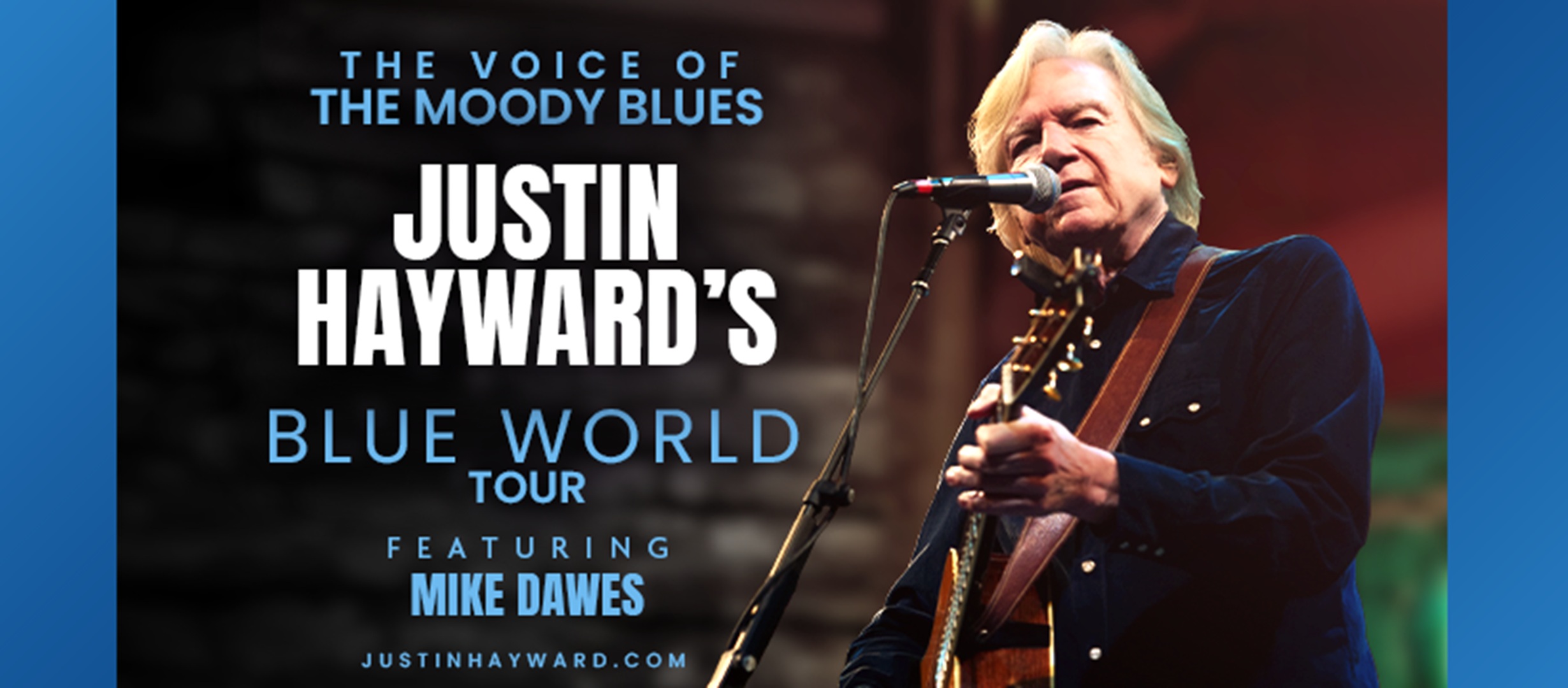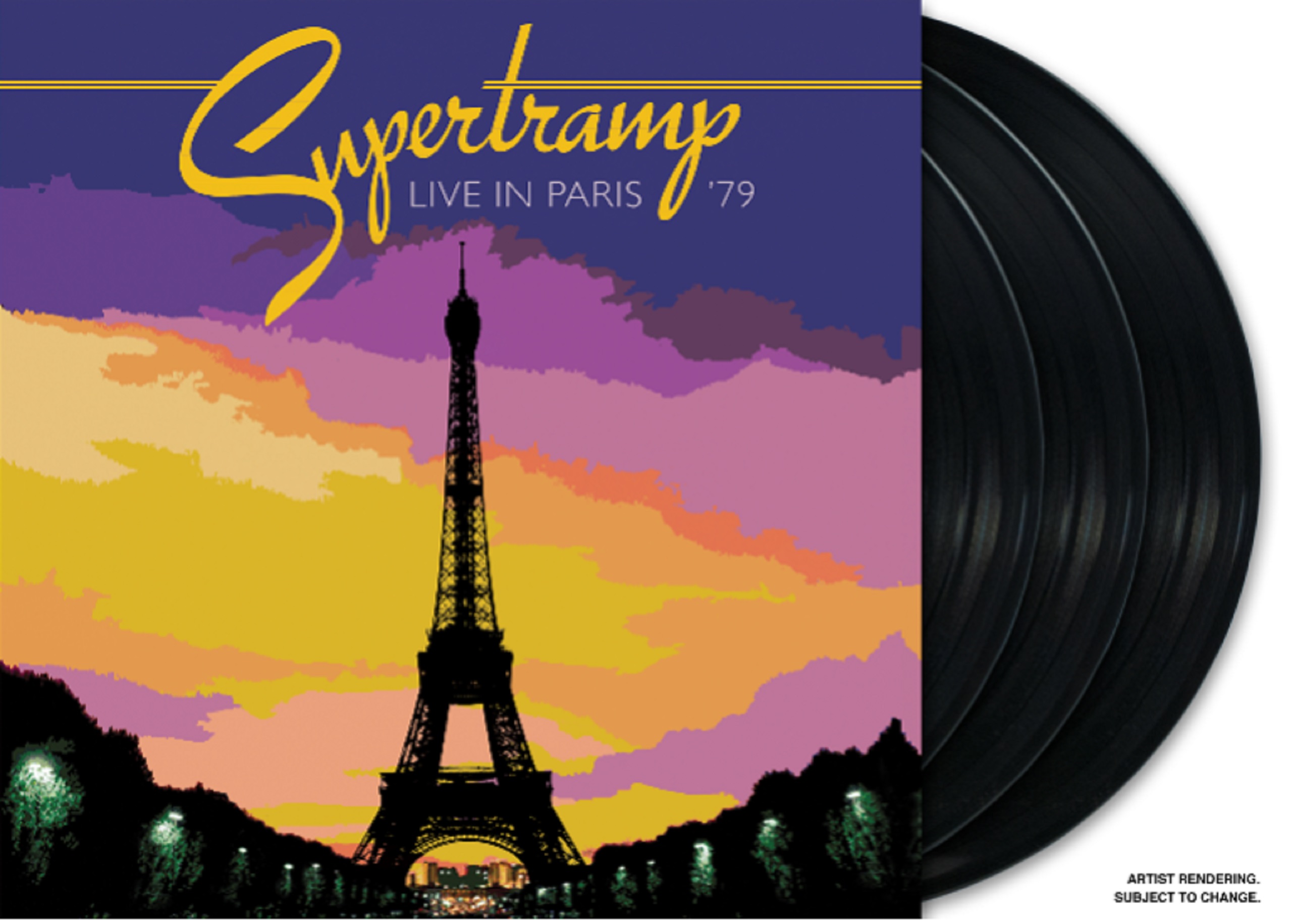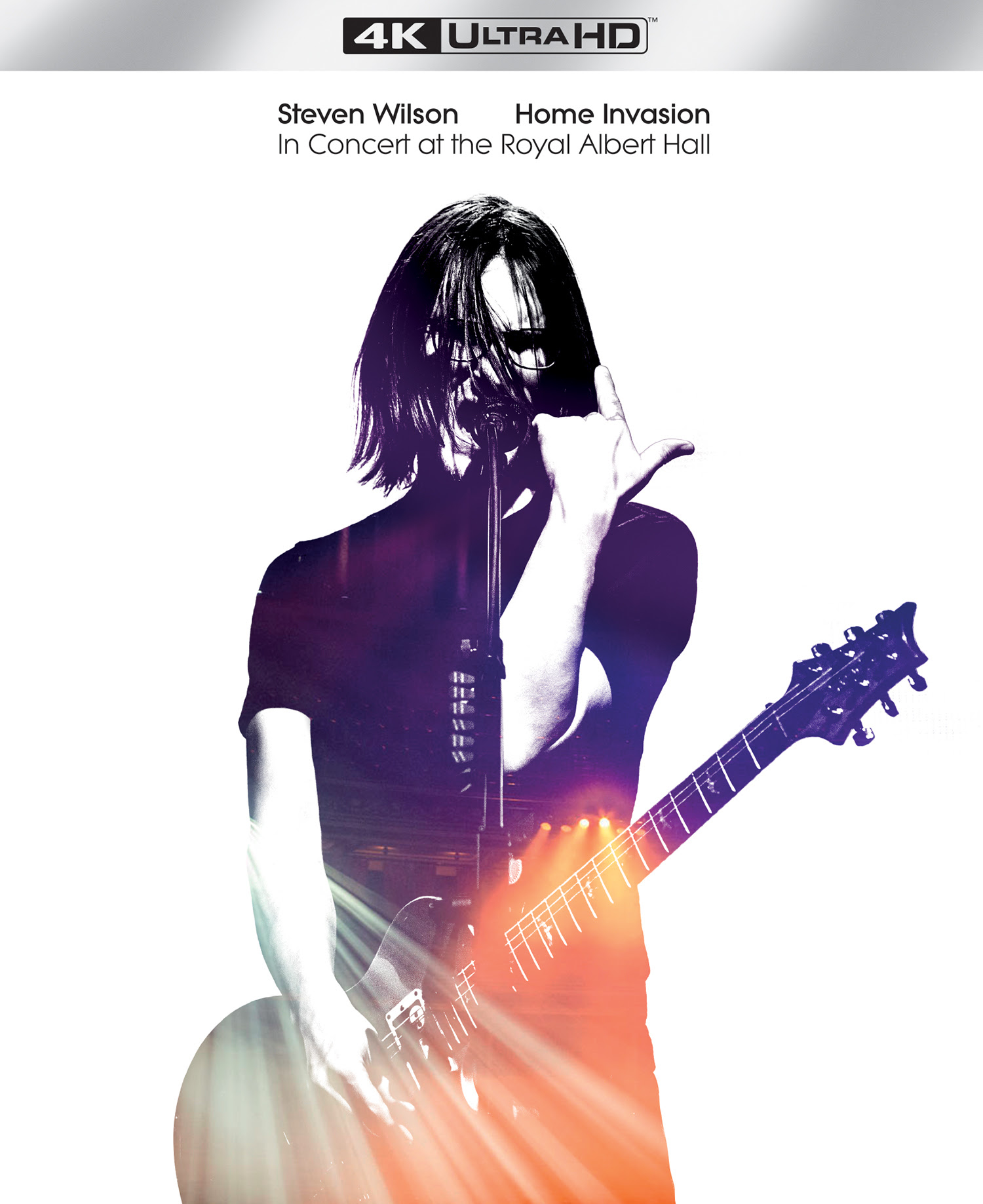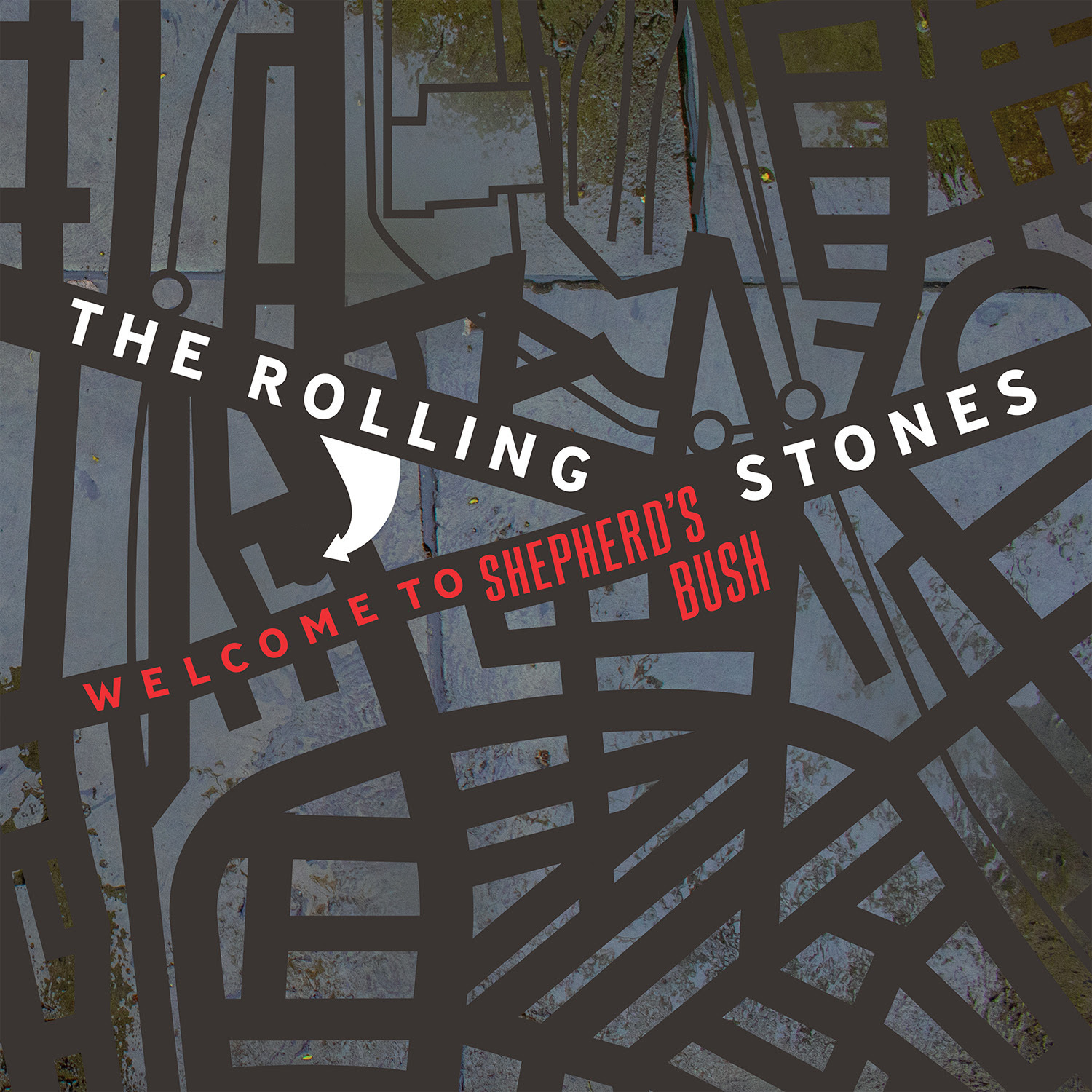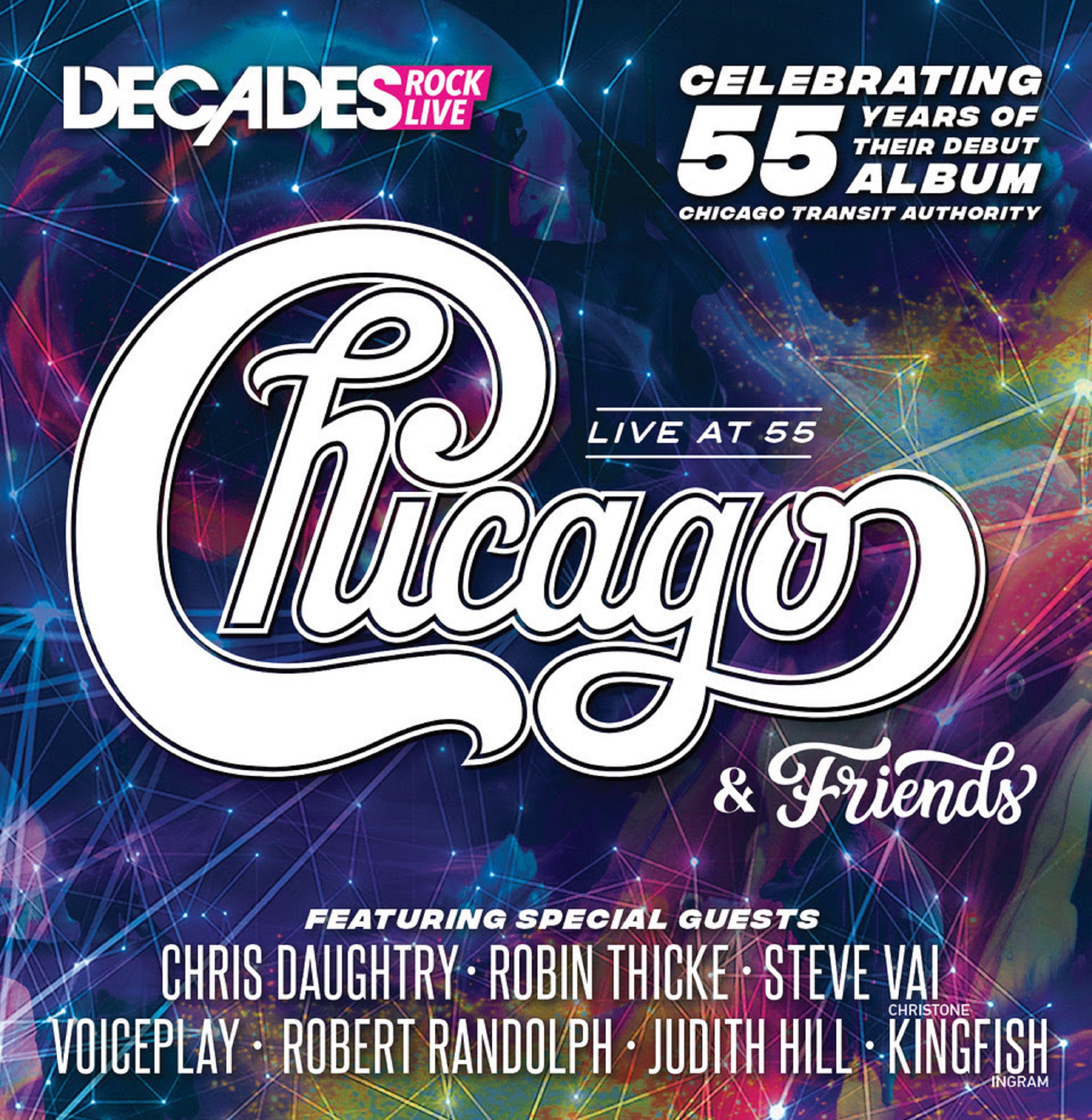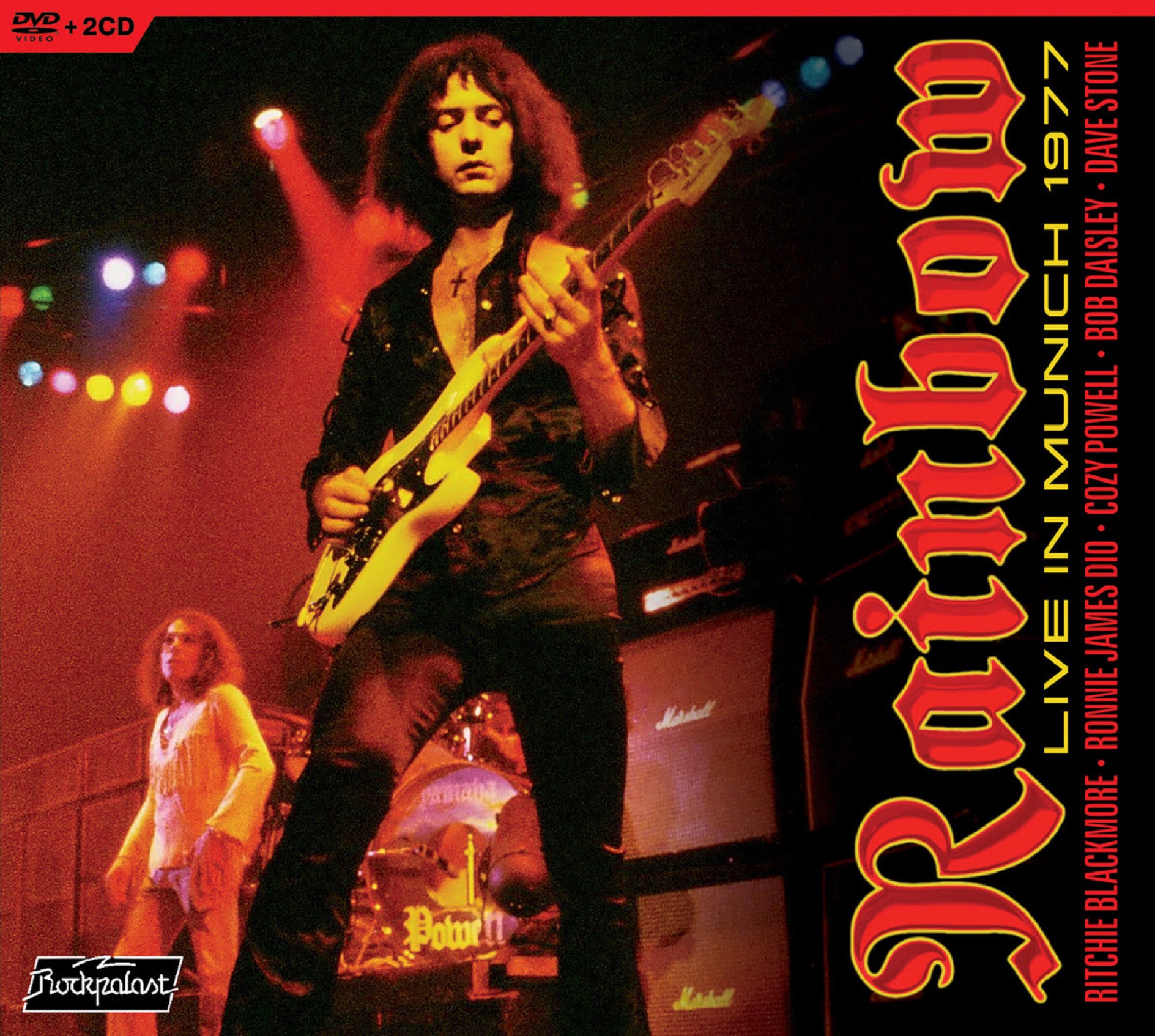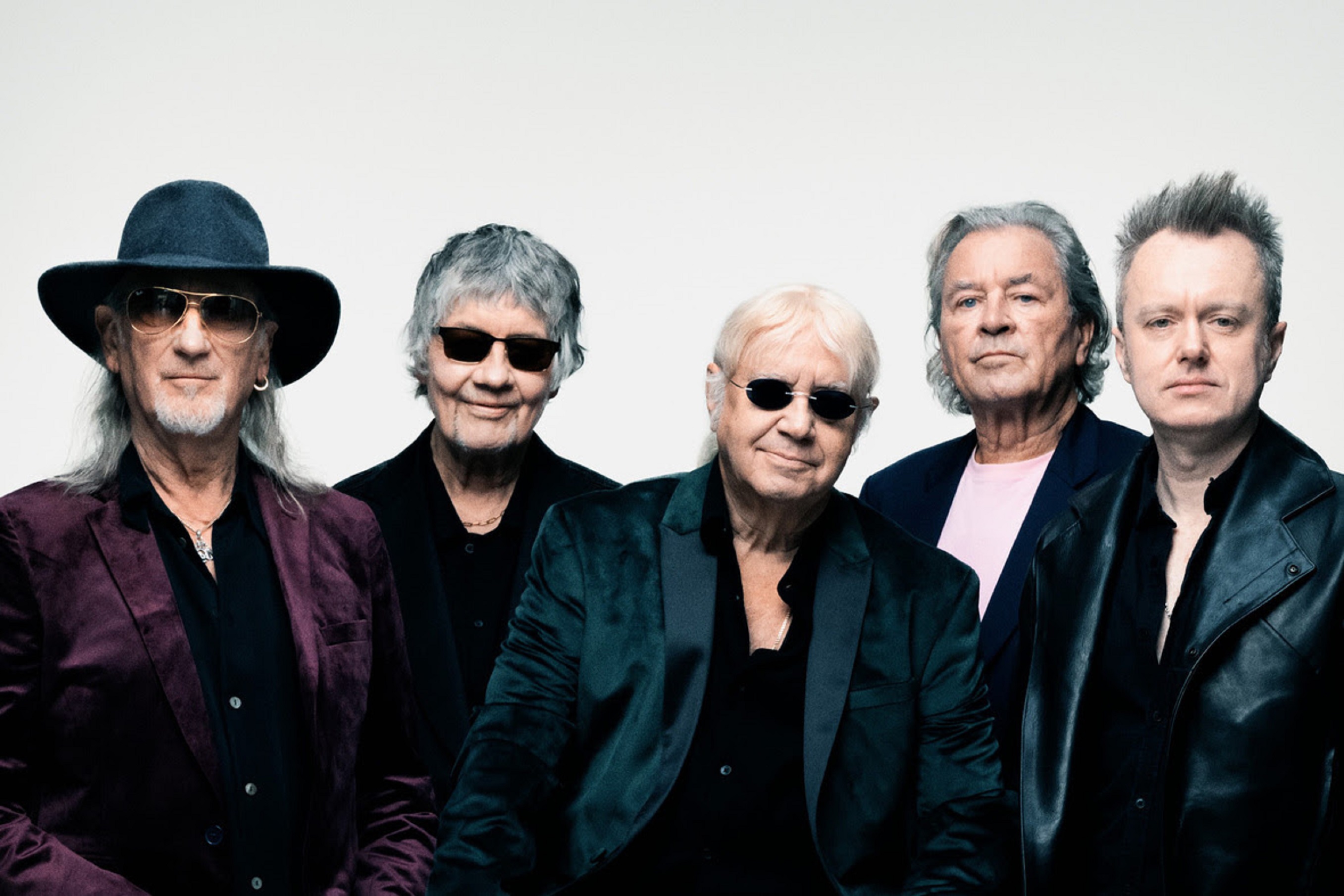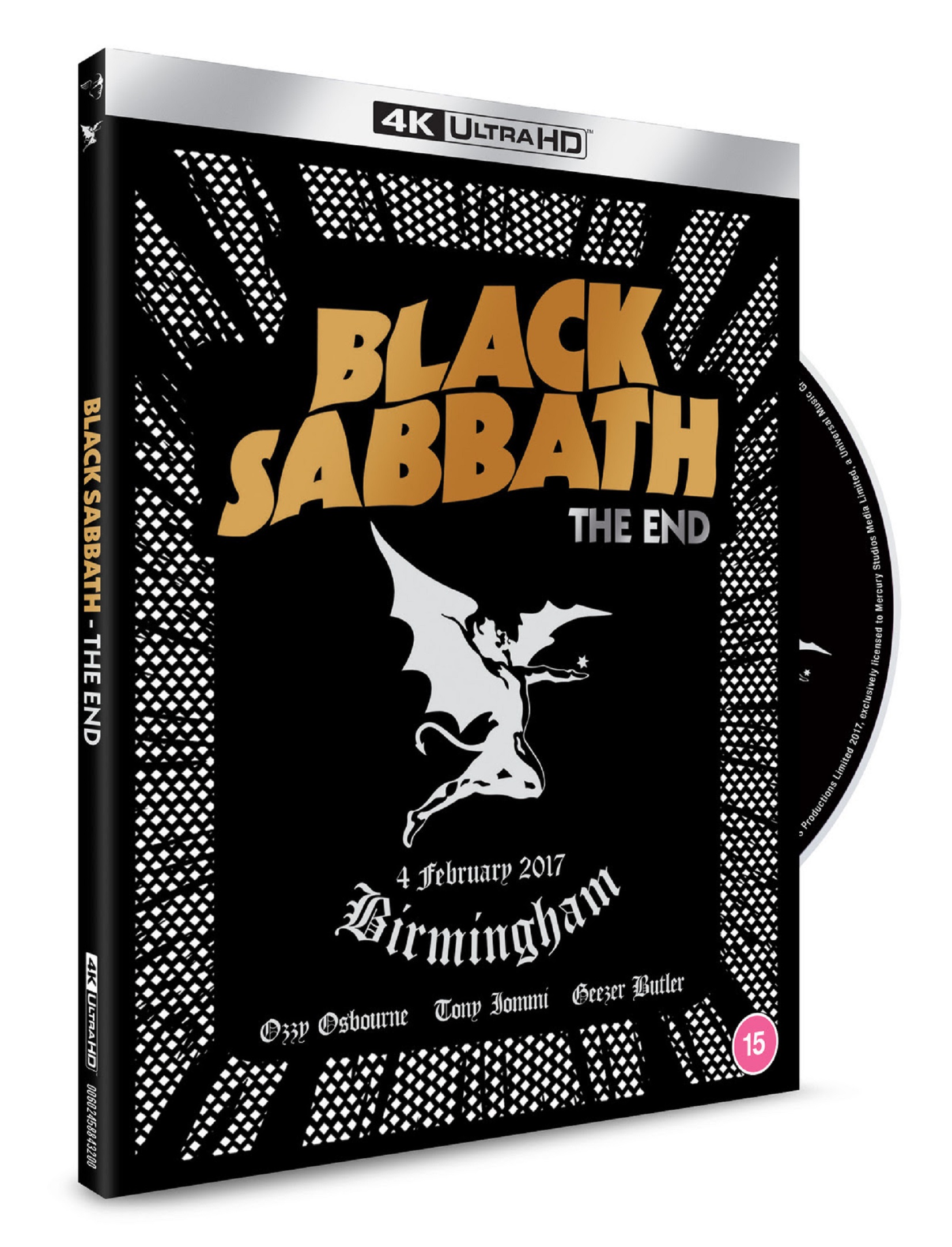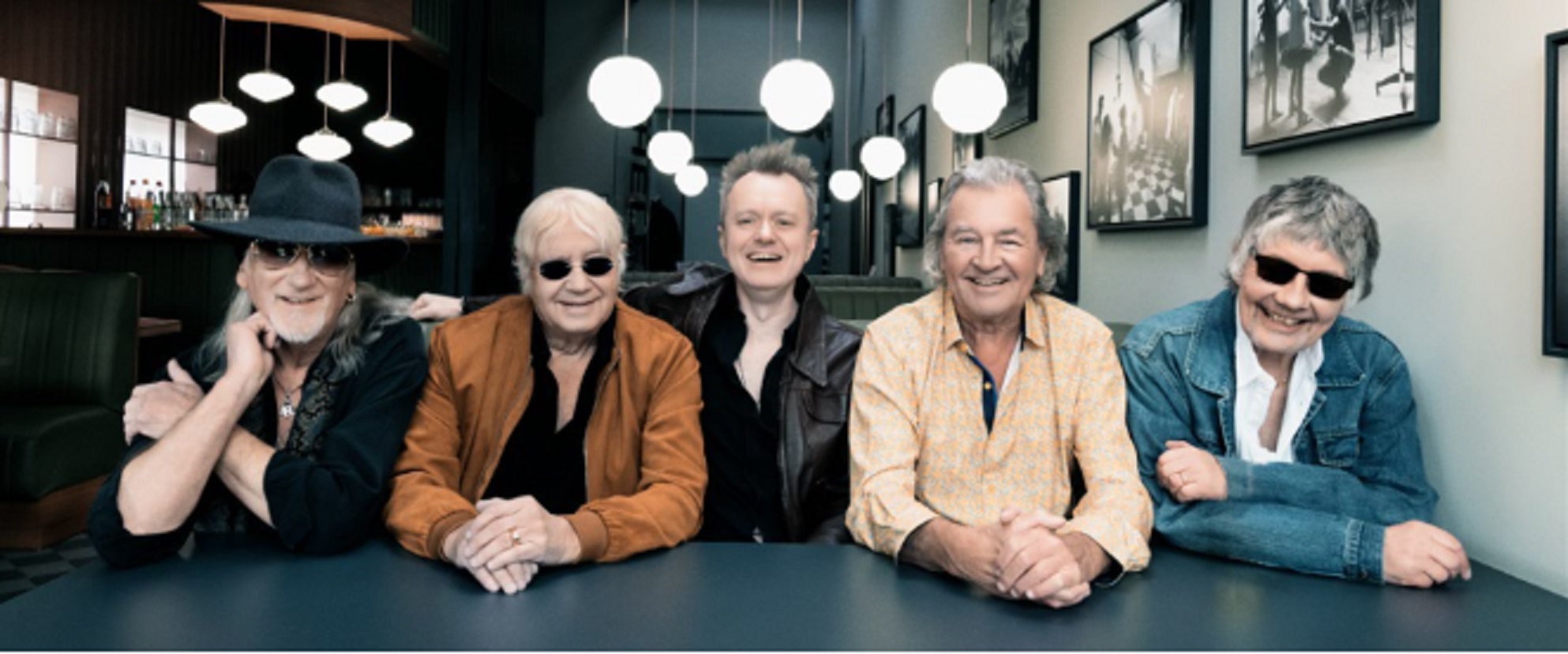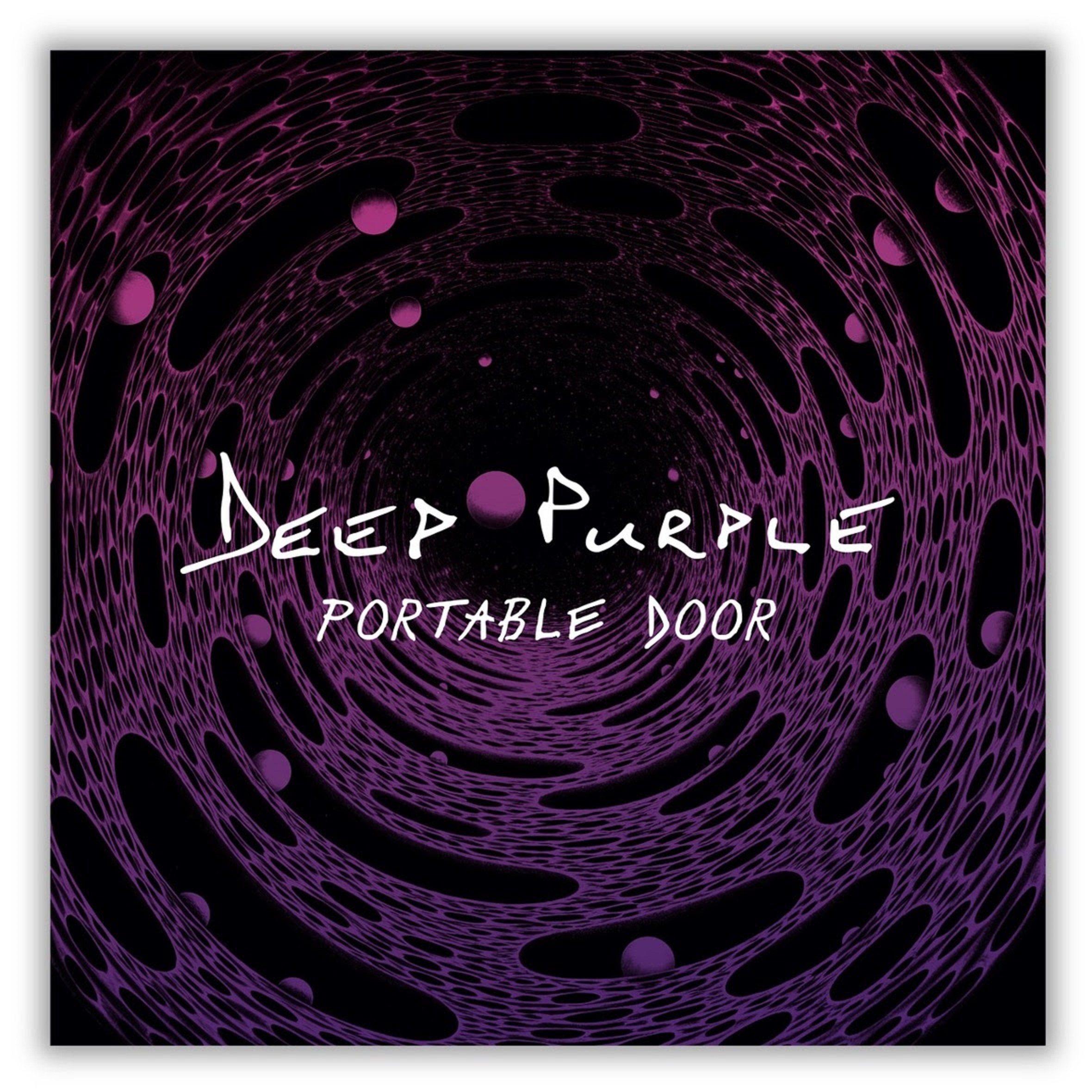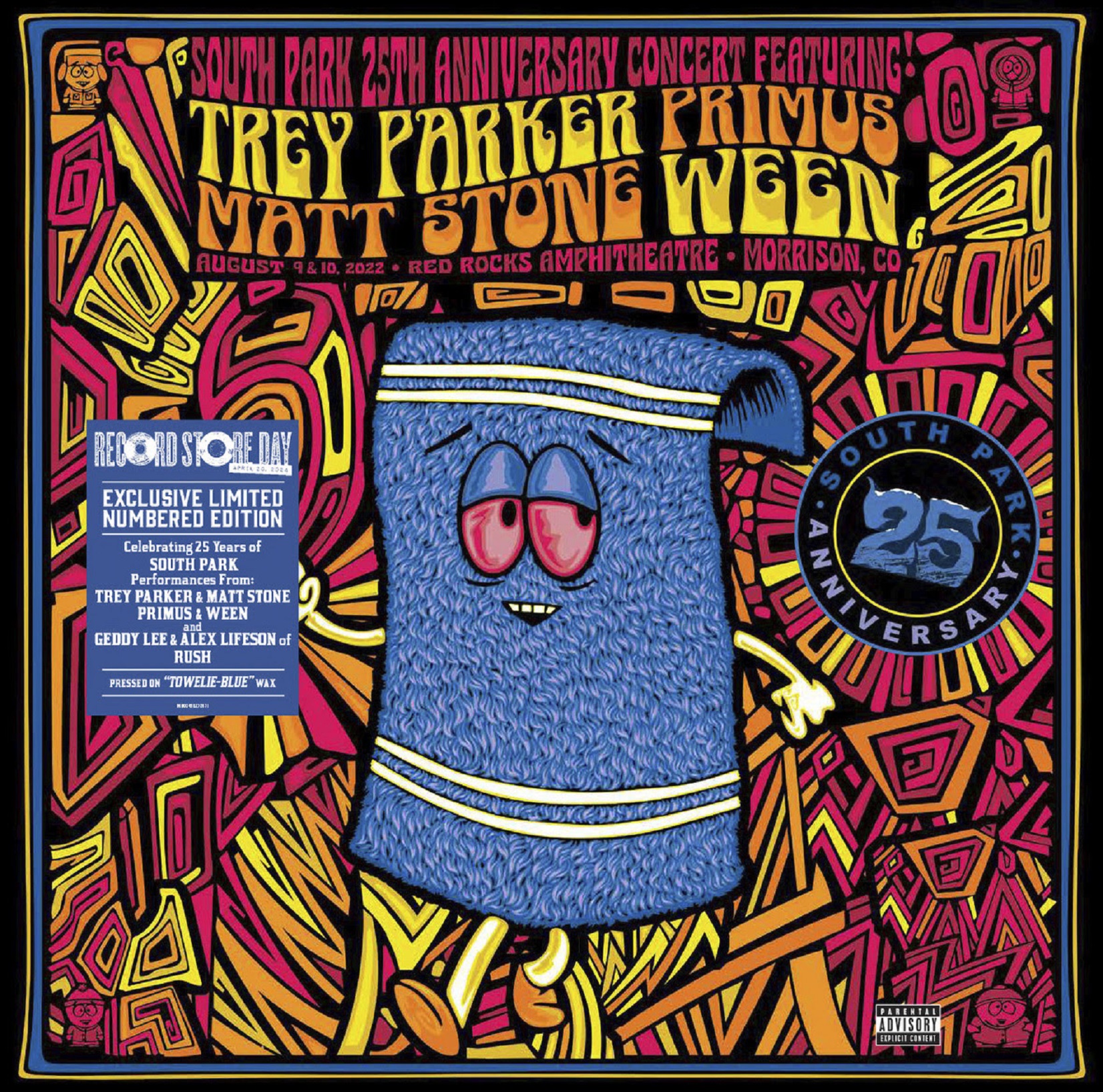Mercury Studios in cooperation with Jazz Casual Productions, Inc., will release Duke Ellington: Love You Madly/ A Concert of Sacred Music at Grace Cathedral on April 28, 2023. These two Emmy-nominated programs, out of print the past few years, from producer Ralph J. Gleason feature: a 1965 documentary that explores the life and legacy of Ellington, perhaps the greatest single American composer, and the September 1965 commissioned premiere Ellington’s Concert of Sacred Music at San Francisco’s Grace Cathedral.
Ellington considered the Concert of Sacred Music “the most important statement (the) orchestra had ever done.” Footage of the concert has been long sought after by Ellington enthusiasts and jazz fans in general. He assembled the program for the consecration of the Grace Cathedral, which was finally ready after decades of stop-start reconstruction following San Francisco’s 1906 earthquake.
Broadcast over 50 years ago, the Concert showcases choice selections from the maestro’s catalog “Come Sunday,” “Ain’t But the One,” “David Danced Before the Lord With All His Might,” and a tune composed specifically for the church’s consecration, “In the Beginning, God.” It was immediately hailed by the jazz cognoscenti as one of Ellington’s greatest achievements.
Shot in and around the Bay Area in 1965 and originally broadcast on national US television Love You Madly portrays Ellington in his autumn years, as he prepares for his benchmark Concert of Sacred Music and plays with his band at the Monterey Jazz Festival, at San Francisco’s Basin Street West and recording sessions. We see him playing piano with and conducting his band through selections from his hallowed songbook—which ultimately was the purest expression of his métier.
Duke also ruminates on the composing process that produced “Sophisticated Lady” and “Take the A Train” as well as his extended piece “Black, Brown and Beige.” Peers like Earl “Fatha” Hines and Dizzy Gillespie each attest to Ellington’s greatness in the film. The interviews are conducted by Ralph J. Gleason, a world renowned jazz critic and lifelong devotee of Ellington, who would go on to co-found Rolling Stone magazine, and champion the likes of the Grateful Dead and Jefferson Airplane.
Only Louis Armstrong could possibly rival Ellington as a seminal figure in jazz music. He is without peer as a jazz composer: he used his long-running band as a laboratory by which largely improvised music could be forged into large-scale compositions incorporating uniquely American elements. The son of a White House butler, Edward Ellington (born 1899) formed his first band, the Washingtonians, in 1917, and upon moving to New York City, first recorded in 1924. Ellington and company were at the forefront of swing music in the 20s and 30s, cutting immortal recordings like “It Don’t Mean A Thing (If It Ain’t Got that Swing),” “Mood Indigo,” “East St. Louis Toodle-Oo” and “Creole Love Call” while in residence at Harlem’s Cotton Club.
Ellington’s recordings were seldom out of the top ten during the 30s, and by the early 40s, his organization was enhanced by arranger/co-composer Billy Strayhorn, saxophonist Ben Webster and bassist Jimmy Blanton. The end of the swing era left Ellington largely unaffected, as he continued to tour and began to compose large-scale pieces, like 1943’s “Black, Brown and Beige.” After a brief dip in the 50s, his tours extended into Europe and his second career scoring films, like 1958’s Anatomy of a Murder, burgeoned.
Through the 60s until his death in 1974, Ellington’s work rate never slowed— he toured the world and conceived and enacted new compositions at a furious pace. His legacy as a composer and bandleader is one that will likely never be surpassed.





